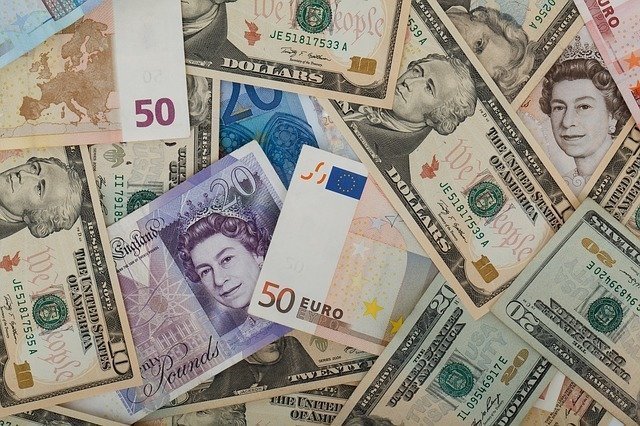In one year the amount of currency Hungarians possess have doubled, and it is more than 300 billion HUF now, while foreign currency deposits have also strengthened, writes vilaggazdasag.hu.
According to the reports of the Hungarian National Bank (MNB) during a one year term (ending with June) the amount of foreign exchange Hungarians have in hand has grown to 305.3 billion HUF, which is two and a half times more than before. A big part of this amount realized in 2015 as the amount of foreign exchange Hungarians had at the end of June 2014 was equal to 148.7 billion HUF. This change has occurred despite the fact that the Forint’s exchange rate has not changed significantly against the Euro in the past year: between September 2014 and September 2015 the Forint weakened 0.9% to the Euro.
Hungarians did not only increase their currency supplies rapidly, but the foreign currency deposits have also strengthened. According to the data of the central bank the population’s foreign exchange deposit kept at financial service providers was equal to 979.5 billion HUF at the end of September, which is almost 12% more than in the year before, while there was only a 0.5% raise in Forint deposits.
Not only has the amount of foreign exchanges changed, but their composition became different as well. While the amount of demand-and current accounts has grown by 44.3% in one year, the amount of fixed-term deposits has shrunk with more than a quarter within a year. As a result, the amount of unbounded foreign exchange deposits has increased from 33.6% to 43.3%, while the amount that was fixed within the year has decreased from 63.9% to 54.7%.
There can be two reasons for this huge change. Similar to Forint deposits, the interests of foreign exchange deposit savings have also decreased rapidly in the past two years: according to MNB’s data in September 2013 the interest was 1.46% for Euro deposits that expired within a year, while in 2015 the average interest is slightly more than 0.4%. This means that people rather keep their money on their current accounts or in hand. Also, the interests of Forint deposits are low as well, which can encourage the population to keep their money in foreign currencies, as nor the Forint neither any foreign exchange has currently high yields.
However, the possibility for foreign exchange gain theoretically exists, as the Forint has been continuously weakening against the USD and the Euro as well. The question is that how long Hungarians will keep up this trend, and how will they react if the Forint strengthens in the foreign exchange market.
based on an article of vg.hu
translated by Adrienn Sain
Source: http://www.vg.hu
please make a donation here
Hot news
Dozens of Budapest technological university BME researchers on the Stanford list
Top Hungary news: winter is here, Romania joins Schengen, American woman’s murder details – 23 November, 2024
Hungarian foreign minister outrages for US sanctions against Putin’s Gazprombank
Suleiman the Magnificent: The Great Sultan’s heart rediscovered in Hungary
The National Bank of Hungary cooperates with Chinese university
PHOTOS: Beloved Hungarian hotel in the picturesque Danube Bend reopens in five months




